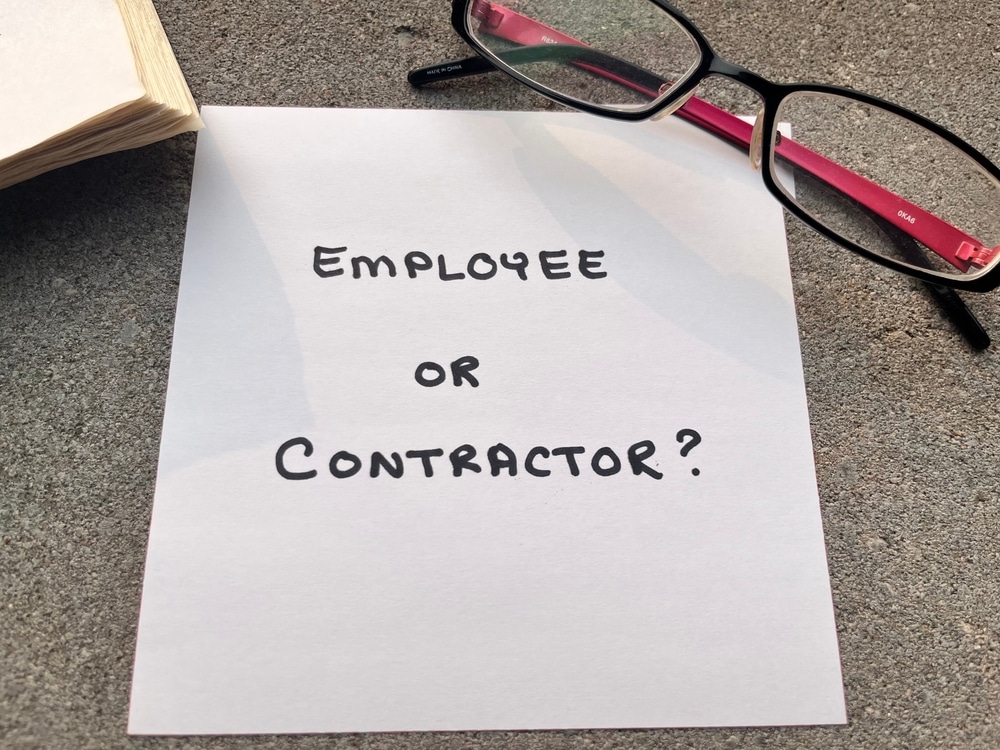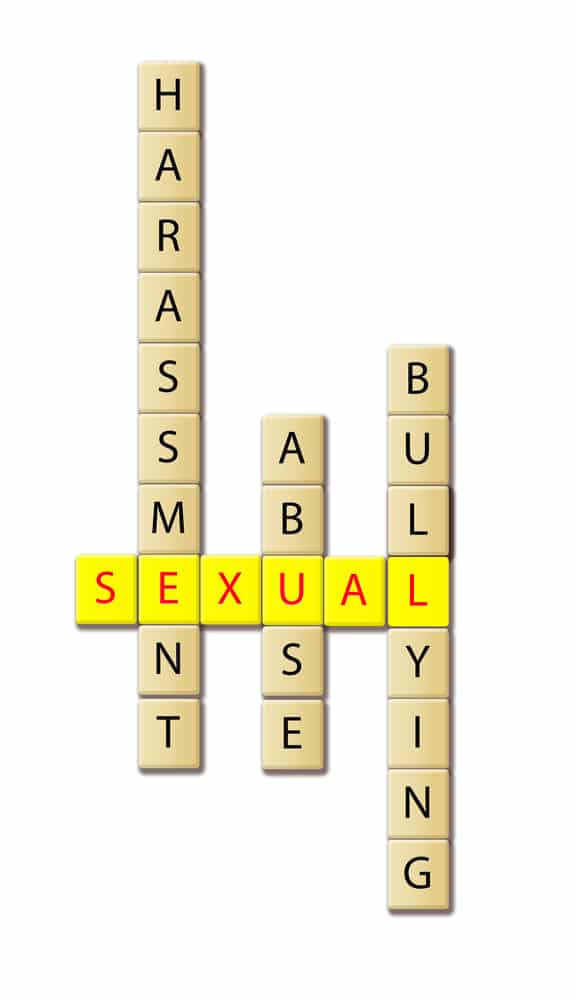As employment attorneys serving Chicago and throughout Illinois, we frequently meet with workers who have been misclassified as independent contractors. Misclassification is not a harmless mistake and carries serious consequences. When a worker is treated as an independent contractor instead of an employee, the employer avoids paying payroll taxes, unemployment insurance, and workers’ compensation coverage. The worker loses rights under both federal and Illinois law, including the right to overtime pay, minimum wage, and protections against discrimination.
This issue is far more common than many realize. Construction workers, drivers, delivery personnel, IT professionals, and healthcare workers are among those most frequently affected. Illinois and federal laws have clear standards for determining whether a worker is an employee or an independent contractor. Courts closely examine the actual working relationship rather than the title assigned by the employer. By understanding the legal framework and available remedies, workers can effectively protect their rights and recover damages when they are misclassified.
Federal Standards On Worker Classification
The federal government enforces worker classification primarily through the Fair Labor Standards Act (FLSA), 29 U.S.C. §201 et seq. Under the FLSA, employees are entitled to minimum wage, overtime pay, and other protections. Independent contractors are not. To determine status, courts use the “economic realities” test, examining factors such as:
- The degree of control exercised by the employer over the worker.
- The worker’s opportunity for profit or loss.
- The level of investment in equipment or materials.
- The permanency of the relationship.
- The extent to which the work performed is integral to the employer’s business.
If the economic reality shows dependence on the employer, the worker is likely an employee, regardless of the label used in a contract.
Illinois Law On Employee Misclassification
Illinois has its own strong protections. The Illinois Employee Classification Act (820 ILCS 185/1 et seq.) primarily applies to the construction industry but sets a strict test that many courts view as guidance for other industries. The Act presumes that a worker is an employee unless the employer proves all three conditions of the “ABC test”:
- The worker is free from control or direction in performing the work.
- The service performed is outside the usual course of the employer’s business.
- The worker is engaged in an independently established trade, occupation, or business.
If the employer fails to meet these conditions, the worker is considered an employee. Misclassification under this Act can result in civil penalties, back wages, and liability for unpaid contributions to unemployment insurance and workers’ compensation funds.
Tax Consequences Of Misclassification
Misclassification also raises tax issues under both federal and Illinois law. Employers must pay employment taxes for employees under the Internal Revenue Code and Illinois state tax law. By labeling workers as independent contractors, employers shift the tax burden to the workers, who must pay self-employment taxes and often face unexpected IRS liability. If misclassification is proven, employers can be forced to pay back taxes, penalties, and interest.
Workers’ Compensation And Unemployment Benefits
Employees in Illinois are entitled to workers’ compensation benefits under the Illinois Workers’ Compensation Act and unemployment benefits under the Unemployment Insurance Act. Independent contractors are not. Workers who are misclassified may be denied benefits after an injury or job loss. However, when the misclassification is challenged, courts and agencies can order coverage and benefits, along with penalties against the employer.
Discrimination And Employment Rights
Employees are protected against discrimination and harassment under federal law, including Title VII of the Civil Rights Act of 1964, and Illinois law, such as the Illinois Human Rights Act. Independent contractors do not enjoy the same protections. A worker misclassified as an independent contractor may lose the right to file claims for discrimination, wrongful termination, or retaliation. Correct classification ensures full access to these critical protections.
Legal Remedies For Misclassified Workers
When a worker is misclassified, multiple remedies may be available, including:
- Recovery of unpaid minimum wages and overtime under the FLSA and Illinois Minimum Wage Law (820 ILCS 105/1 et seq.).
- Reimbursement for expenses improperly shifted to the worker.
- Back contributions for unemployment and workers’ compensation coverage.
- Penalties against the employer under the Employee Classification Act.
- Possible reinstatement of employee benefits, including health insurance and retirement contributions.
Courts and administrative agencies can order employers to pay damages, penalties, and attorneys’ fees. These remedies not only compensate the worker but also deter future misclassification practices.
Steps To Take If Misclassified
When misclassification occurs, action is critical. Workers should:
- Keep copies of contracts, pay stubs, and any communications that show the employer’s control over the work.
- Document work schedules, hours, and supervision to demonstrate employee status.
- File a complaint with the Illinois Department of Labor under the Employee Classification Act.
- Consider filing claims under the FLSA or state wage laws for unpaid overtime and wages.
- Seek legal representation to evaluate all available claims, including tax and benefit issues.
Employers often fight misclassification claims aggressively, so legal support is essential to build a strong case and protect rights.
Frequently Asked Questions About Independent Contractor Misclassification In Illinois
What Is The Difference Between An Employee And An Independent Contractor Under Illinois Law?
An employee is under the direction and control of the employer, works within the employer’s business, and does not operate an independent trade. An independent contractor controls the work, performs services outside the employer’s usual business, and maintains an independent business. Illinois law presumes employee status unless the employer proves otherwise under 820 ILCS 185.
Can Misclassified Workers Recover Unpaid Overtime In Illinois?
Yes. Under the Illinois Minimum Wage Law (820 ILCS 105/1 et seq.) and the FLSA, employees must be paid overtime for hours worked beyond forty in a week. Misclassified workers who were denied overtime can file claims to recover back pay, liquidated damages, and attorneys’ fees.
How Does Misclassification Affect Workers’ Compensation Rights?
Workers who are misclassified as independent contractors may be denied workers’ compensation benefits after a job-related injury. If the worker can prove employee status under the Illinois Workers’ Compensation Act, benefits such as medical care, disability payments, and rehabilitation services may be recovered.
Are Misclassified Workers Entitled To Unemployment Benefits In Illinois?
Yes, if employee status is proven. Misclassified workers often face denial of unemployment benefits. By challenging the classification under the Illinois Unemployment Insurance Act, a worker may be eligible for back benefits and may also require the employer to make the required contributions.
Can Misclassification Affect Taxes?
Yes. Misclassified workers are forced to pay self-employment taxes that the employer should have covered. The IRS and Illinois Department of Revenue can investigate and require employers to pay back taxes, penalties, and interest when misclassification is proven.
What Penalties Can Employers Face For Misclassification?
Employers who violate the Illinois Employee Classification Act may face civil penalties of up to $1,500 per violation and additional damages to workers. They may also be liable for back wages, unpaid benefits, and contributions to state funds.
Does Federal Law Protect Workers From Discrimination If They Are Misclassified?
Not typically. Independent contractors generally do not have protection under Title VII or similar laws. Proving employee status under Illinois or federal law is critical to ensuring the right to file discrimination or harassment claims.
Can An Employer Require A Worker To Sign A Contract Labeling Them As An Independent Contractor?
Yes, but the label is not determinative. Courts and agencies examine the actual working relationship, rather than the contract language. If the employer controls the work and the worker is dependent on the employer, the law will likely treat the worker as an employee.
How Can A Worker Challenge Misclassification In Illinois?
A worker can file a complaint with the Illinois Department of Labor under the Employee Classification Act, pursue wage claims under state or federal law, or bring a lawsuit in court. Legal representation helps identify the strongest claims and pursue maximum recovery.
Why Is Legal Representation Important In Misclassification Cases?
Employers often defend misclassification aggressively to avoid paying taxes, benefits, and damages. An attorney ensures that claims are properly filed, evidence is preserved, and remedies are pursued under both Illinois and federal law.
Call Law Office Of Michael T. Smith & Associates Today
At the Law Office of Michael T. Smith & Associates, we fight for employees misclassified as independent contractors. Misclassification robs workers of wages, benefits, and legal protections. Our legal team aggressively pursues remedies under both Illinois and federal law to recover what has been lost and hold employers accountable.
To receive your free consultation, contact our Chicago employment law lawyer at the Law Office of Michael T. Smith & Associates when you call (847) 450-1103. We proudly represent workers throughout Chicago and across Illinois.






